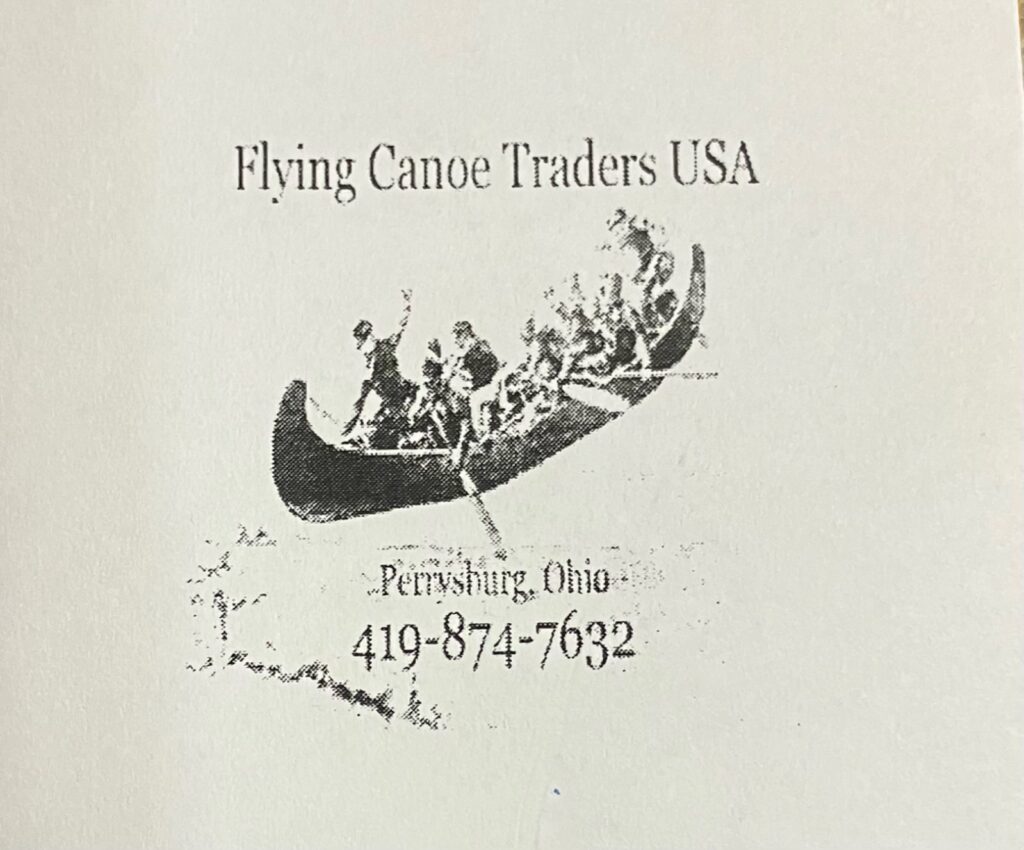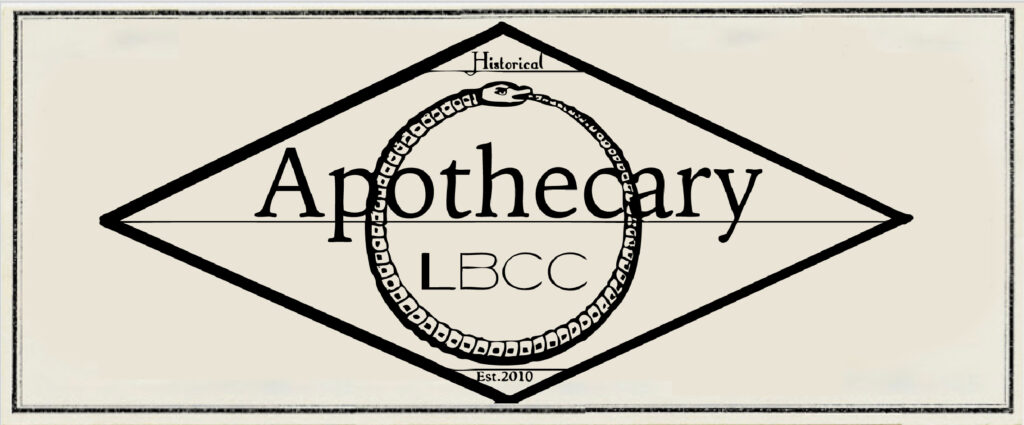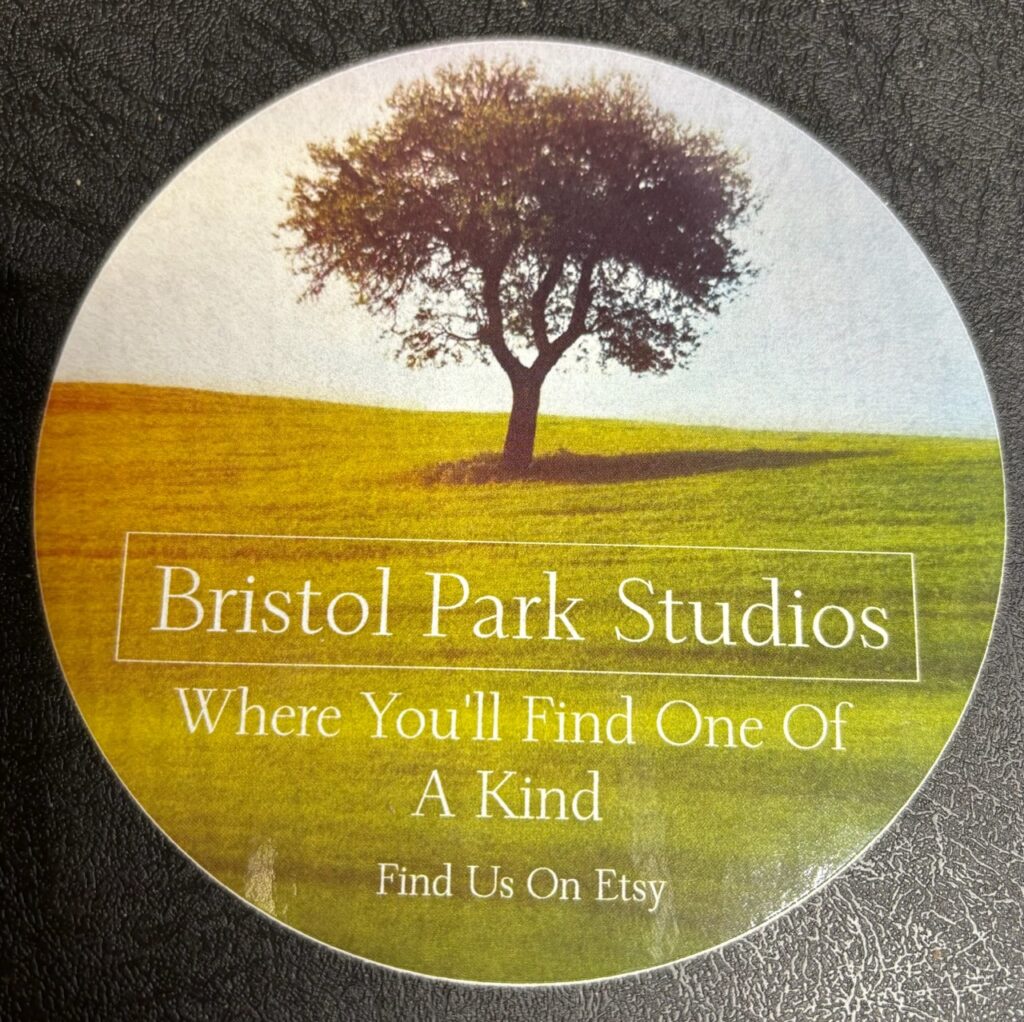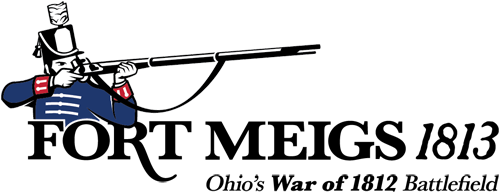Yesteryear’s Essentials: Fashion and Accessories in the Time of Jane Austen (For Ladies and Gents)
March 14-15, 2026
A Weekend Conference of Lectures, Workshops, Presentations, and More
Registration
Cost of conference: $85
Registration TBA
Each registration includes all day access to Saturday’s conference, presentations, and the evening soiree. A continental breakfast is provided, as well as snacks during breaks.
Sunday’s workshops are included but subject to additional materials and fees
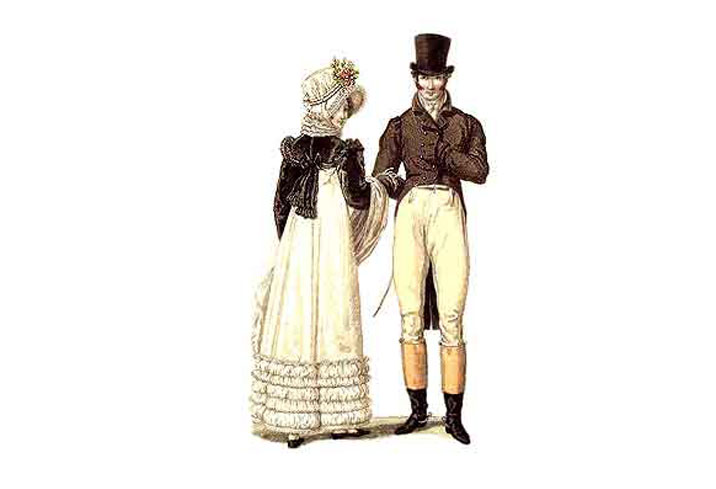
Schedule of Events to be Updated for 2026
Previous Schedule Example:
Saturday, April 13, 2024
Morning Conference
8:00 a.m. – 9:00 a.m. Check in and Continental Breakfast
9:00 a.m. – 10:30 a.m. Fashion Show: Fashions in the Time of Jane Austen
10:30 a.m. – 10:45 a.m. Brief break with snacks provided
Presentations
10:45 a.m. – 11:45 a.m. “Beauty and Cosmetics in the Regency Period” – Alicia Schult
11:45 a.m. – 1:15 p.m. Lunch Break (Please bring own boxed lunch or visit one of the many local eateries)
1:15 p.m. – 2:15 p.m. “Achieving a Historic Fit From a Commercial Pattern” – Betsy Bashore
2:15 p.m. – 2:30 p.m. Brief Break
2:30 p.m. – 3:30 p.m. “Five Coats, One Waistcoat… And Maybe a Pair of Trousers. A Presentation on Men’s Clothing” – Rick Simmons
3:30 p.m. – 4:00 p.m. Break – Tea & Scones
4:00 p.m. – 5:00 p.m. “Beautiful Bosoms: The Corset” (Adults only) – Kathleen Kannik
Evening Soiree
7:00 p.m. – 9:30 p.m. Food, Beverages, & Entertainment—Period dress encouraged!
Sunday, April 14, 2024
Post conference: Workshops
Sunday’s hands on workshops include morning and afternoon sessions guiding you through detailed creations on various subjects. Each participant can choose one morning and one afternoon session. Additional materials and fees may be required.
Morning Sessions 10:00 a.m. – 12:00 p.m. | Afternoon Sessions 1:00 p.m. – 3:00 p.m.
Put Your Best Face Forward: The Art and Application of Regency Cosmetics – Alicia Schult (Morning session only 10:00 a.m. – 12:00 p.m.)
Cost: $85 – Price includes all literature and a historic cosmetics kit.
Description: Learn the basics of popular looks from 1800-1820 and work with your own kit of reproduced regency cosmetics products to better comprehend the fine art of regency cosmetic application. Delve into history and the ingredients used to have an inside look at what was considered beautiful.
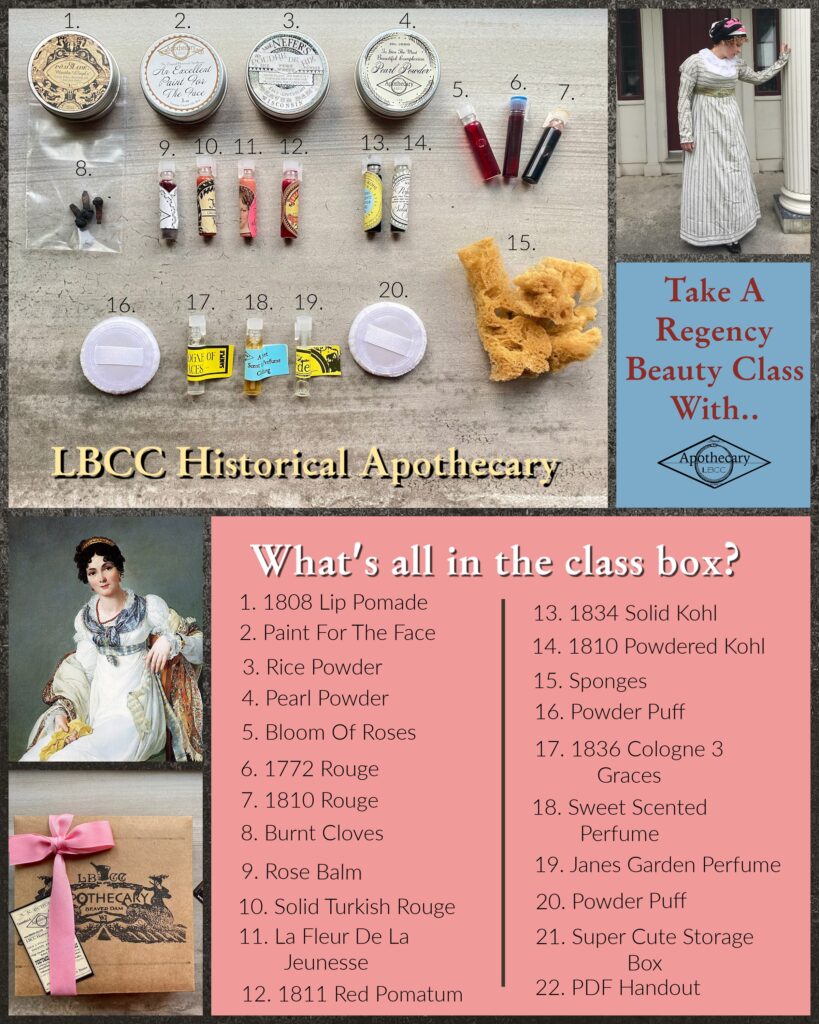
Plain Sewing: Beginner and Intermediate – Kathleen Kannik and Fritz Kannik
Cost: $35 + The purchase of a $14.00 book titled, “The Lady’s Guide to Plain Sewing” (copies will be available for purchase)
Description: Plain sewing is the skill required to construct garments, accessories and household textiles. Plain sewing techniques are necessary in tailoring, so are critical for men as well as women in the fashion industry. This workshop will cover basic hand sewing. The morning session covers stitching and seams for all skill levels, bringing everyone up to, or refreshing, basic skills. This will involve creating a small sampler. In the afternoon, the workshop may split. Participants can either choose to work on intermediate plain sewing skills or create sample welt and/or flap style clothing pockets. Participants will need to bring a copy of “The Lady’s Guide to Plain Sewing”; (first book in series, blue cover), or purchase one at the event ($14). A kit with fabric, thread and notions will be included in the registration fee. Depending on afternoon project choice, appropriate supplies will be furnished. Participants should bring their own basic sewing kit, such as scissors, straight pins, a pencil, and measuring tape.
Note: We would like to offer help for anyone to bring a garment to see if they can revive the project.
Regency Hair – Jennifer House (Afternoon session only 1:00 p.m. – 2:30 p.m.)
Cost: $25 – All supplies included
Description: Morning wear and morning practices. Participants will learn to make early 19th century setting lotion. Different hair styles will be explored as well as using pin curls, how hair underneath the cap is styled, and tucking the bonnet.
Making Buttons– Angela Strous
Cost: $20 – Literature and supplies included
Description: A short history lesson but mostly a hands-on crafting session, making functional buttons from scratch. Learn how to make: Death Head, Yorkshire, and Dorset buttons. Limit 15 students per session.
Block Print Class- Jacque Redding
Cost: $25- All materials included
Description: Block printing is a method of printing textiles by transferring dipped ink onto fabric. This class will provide a high level history of block printing up to the Jane Austen era. We will discuss techniques utilized, types of printing, and provide examples of textiles printed. Tap into your inner designer and create a hand printed silk scarf.
The $25 cost includes:
- paper to ketch design
- muslin fabric to practice
- silk scarf to block print
- block designs
- fabric ink/paint
- brushes
Food- Saturday
Continental breakfast
Mid-morning snack: mini-bagels, pastries, fruit (grapes, bananas, apples,) coffee, tea, and water.
Mid-afternoon tea: Scones and cookies, variety of teas
Evening Soiree: Cheese & crackers, vegetable tray, bite sized desserts, punch, wine, and beer.
2024 Presenters
Kathleen Kannik has been interested in costume design and needlework since a child, and loves teaching and
sharing her knowledge. She has a B.S. in Education, with an Art major and Journalism minor from Central Michigan University. She can’t say she liked history class, but she will never forget her local oral history project in 8th grade. It hooked her on learning about her world from a personal perspective. She has been heavily involved in living history since 1982, and has been a member of groups representing 18th and early 19th century eras, and museum and historical organizations. With the goal to improve period clothing, she and her husband, Fritz, created Kannik’s Korner, which publishes patterns and related books. She has done presentations and workshops at numerous sites and conferences.
Alicia Schult is a historian who specializes in historical apothecaries and their products from the 1700s to the 1940s. As an experimental archaeologist and cosmetic historian, she has over 30 years of study and continues to collaborate with numerous museums worldwide. Alicia founded LBCC Historical in 2010, the first historical apothecary, which offers customers the opportunity to experience original products from history that are healthy, safe, and effective. She is also trained in 18th-century historical draping, sewing, and patterning methods and has been involved in living history for over 27 years. Currently, she is working with other cosmetic historians to debunk myths surrounding lead face paint. Alicia holds degrees in history, broad-field social science, anthropology, and museum methods. When she is not researching, experimenting, or teaching, she can be found writing books for future publication, hanging out with her two cats and partner in crime, traveling the world, and collecting rare old things.
Vendors
Vendors will be on site for shopping and supplies during all breaks in the daytime schedule.
2024 Vendors
